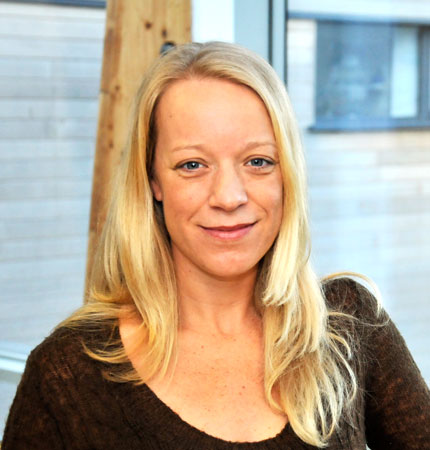A microbiome approach to understanding and mitigating disease outbreaks in tropical seaweed farming
Project summary
Outbreaks of seaweed diseases have serious economic impacts on coastal communities and private sector operators engaged in seaweed farming in the tropics due to 1) crop losses; 2) decreased marketability of the seaweed and 3) decreased yields of carrageenan. The project aims to increase our understanding of the main factors responsible for disease outbreaks in seaweed aquaculture and to develop mitigation methods based on co-culture at seaweed production sites. High value sea cucumbers, often referred to as the “earthworms of the sea”, will be farmed alongside the seaweed, to increase microbial diversity and supply nutrients for growth of the seaweed. It will be tested whether this increases the growth and disease resilience of the seaweed. In addition, growing sea cucumbers will provide a secondary high value product for the seaweed farmers.
The project will work with industry partners in south-west Madagascar that are leading community-based aquaculture development, local academic partners and the core UK-based GlobalSeaweedSTAR (GlobalSeaweed*) team to combine cutting-edge science with climate-resilient farming practices. The project will help to safeguard the future sustainability of the seaweed farming industry in Madagascar that underpins the livelihoods of vulnerable coastal communities who are at increased risk from changing environmental conditions.
Project goal and objectives
The overall goal of the project is to increase the resilience of seaweed farming to short-term environmental shocks and long-term environmental change and contribute towards sustainable coastal livelihoods. This project will bring together academia, industry and community stakeholders to 1) understand the role of the seaweed microbiome during disease outbreaks and 2) develop and test sea cucumber and seaweed co-culture as a novel mitigation strategy to increase the resilience of seaweed farming.
The project has the following specific objectives:
To model the influence of abiotic and biotic factors on the changes in the microbiome of Kappaphycus alvarezii, prior to and during outbreaks of epiphytic filamentous algae (EFA) and ice-ice disease.
To determine whether co-culture with sea cucumbers can increase the resilience of farmed seaweeds to disease by increasing the 1) diversity of the seaweed microbiome, 2) availability of nutrients, 3) growth rates and 4) carageenan content of Kappaphycus alvarezii.
To expand the characterisation of Kappaphycus and Eucheuma species and diseases undertaken by GlobalSeaweed* to Madagascar.
This project aligns closely with the vision of the GCRF GlobalSeaweed* programme, to grow the research and innovation capability of developing countries engaged in seaweed farming. Furthermore, the research programme has been designed be cross-cutting and complementary to the core GlobalSeaweed* work programme that is being rolled out in the Philippines, Indonesia and Tanzania, contributing to its work packages (WP) 1 - Disease and Pest Detection; WP 3 – Characterisation, conversation and exploitation of algal genetic resources and WP4 – Socio-Economic resilience.

